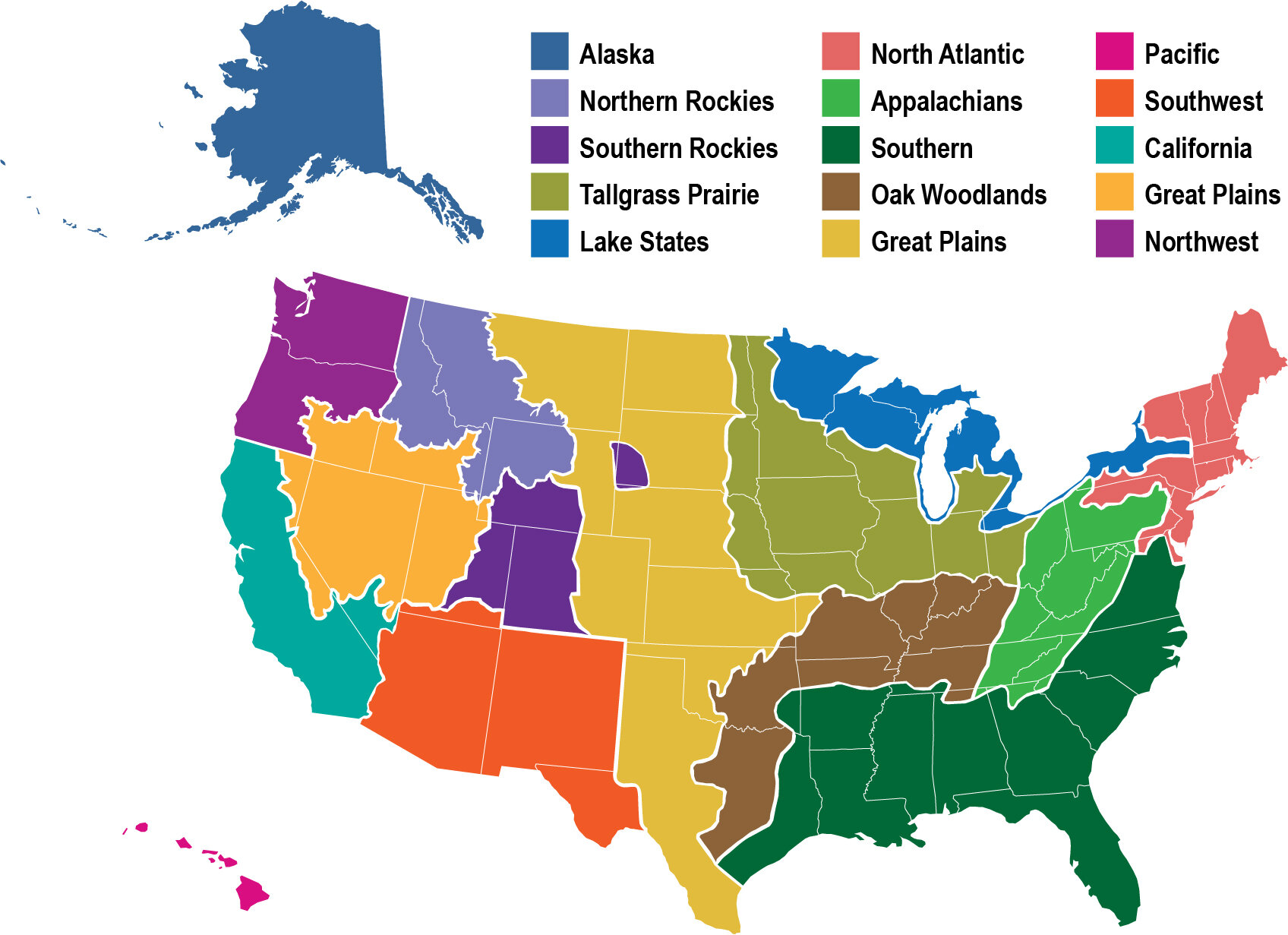Ecological and evolutionary responses of forest trees to a changing world
A lecture by
Emily Moran
Assistant Professor, University of California, Merced
Part of the
2016 Forest Ecology Random Lectures (FERAL) Lecture Series
Sponsored by the California Fire Science Consortium and the US Forest Service Pacific Southwest Region Ecology Program
Date and time: Oct 5, 2016; 4:00-5:00
Location: Asmundson 242 (Big Hanna Room), University of California-Davis
Abstract: If tree species are to maintain or expand their geographic ranges as climate changes, they must either disperse to and establish in areas that are becoming climatic suitable, adapt to conditions that were historically less suitable, or both. Ecological and evolutionary responses may be limited by similar constraints, and have the potential to interact with one another. In this talk, Dr. Emily Moran will describe past work investigating the dispersal ability and potential for evolutionary responses in trees and other long-lived plants, and her current projects focusing on how inter- and intra-specific responses of Sierra Nevada pines to changes in temperature and aridity may affect forest dynamics and management best-practices in the future.
Biography of Dr. Moran: Emily Moran has been an assistant professor at UC Merced since 2014. She earned a PhD in biology at Duke University in 2010, and was a postdoctoral fellow at the National Center for Mathematical and Biological Synthesis (NIMBioS) and ETH Zurich.
IF YOU WOULD LIKE TO SCHEDULE A ONE-ON-ONE MEETING WHILE DR. MORAN IS IN DAVIS PLEASE CONTACT CHRISTINA RESTAINO AT CMRESTAINO@UCDAVIS.EDU



